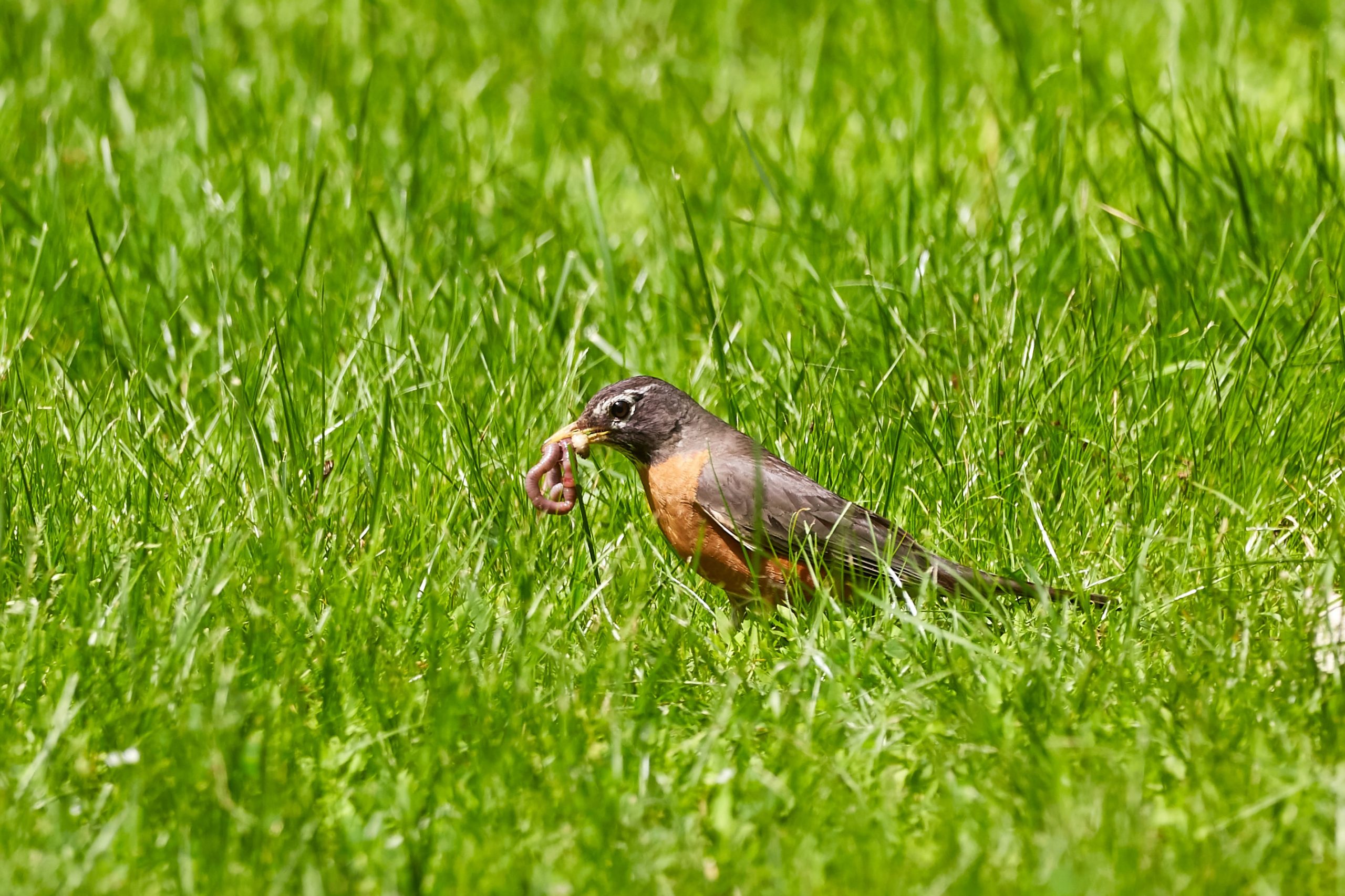
May 6, 2021, by Andrew Edwards (Ed)
Take control of your career #2: The early bird catches the worm – by Peter Noy
Photo by Mathew Schwartz on Unsplash
The short version of this blog is that, as an early career researcher, the best thing you can do to be successful is to start writing grants early and keep writing them!
Now for the longer version…
One of the keys to academic success is convincing other people to give you money to research interesting things. You then need to tell them what those interesting things were at the end and why there are more interesting things to research (the circle of life for a researcher). An essential skill to achieve this is writing a compelling grant.

Photo by J. Kelly Brito on Unsplash
Grant writing is a skill that doesn’t always come naturally and is something that is traditionally not developed during a PhD. Although PhD candidates will probably attend a grant writing training course, most won’t then do anything with that knowledge until they ‘need it’. This is a problem, because if you are trying to perfect a skill you need to practice it. As Stephen King says “If you want to be a writer, you must do two things above all others: read a lot and write a lot.” There’s a reason why events like National Novel Writing Month (NaNoWriMo) exist and that is because people need to build habits for writing to develop their skills. It works: since 2006, nearly 600 NaNoWriMo novels have been published (that’s a lot)!
But as Mr King told us earlier it’s not just writing, it’s reading as well. Reading successful grants tells you what you need to know about what peer reviewers, panellists and funders are looking for from your grants. So, step 1 is to ask your supervisor if you can read some of their successful grants for tips (the grant you are working on would be a good starting point too). Step 2, once you have a grant in mind, is to talk to your local research development manager and ask them for examples too.
Writing a good grant takes time so don’t expect to get it right straight away, which brings us to the next point: it’s a journey. Grants are not like papers, they are like stories. You need to take the reader on a journey and weaving that story takes skill and practice but also you need a hook. Something that will excite the reader, get them interested and invested in your story. You need to tell the story of why this problem that you are researching is important, why you are the person to tackle it and why this is the right time for the research to be done. Take them on the journey – your journey.

Photo by Amy Hirschi on Unsplash
It’s a learning process and there is no cheat or easy way round it. Writing and submitting grants is really the only way to get good at writing and submitting grants! By doing this, you get two key benefits; one is internal feedback and the other is external feedback. Internal feedback gives you connections between your thoughts, tricks and habits to help you start writing faster, using language that is clear. External feedback is critical and gives you indications of how others perceive the story you are trying to tell. External reviewers are also great at picking holes in your logic and opening your eyes to other points of view so make sure you share your writing. Again, share it early with trusted advisors and friends and try not to take negative feedback as an attack (which often it feels like) but as an opportunity to learn; this way it is invaluable.
Finally, and maybe most importantly you should start writing grants early because of the Matthew Effect. The Matthew effect is where early successes lead to future successes. So, if you win a grant early in your career, you capture on average twice the grant income of those that narrowly fail. The take-away here is that non-winners stop competing for future grants and there is a ‘participation’ mechanism driving this difference between researchers. So, just remember it is a learning experience and keep on writing and keep on trying!
No comments yet, fill out a comment to be the first

Leave a Reply